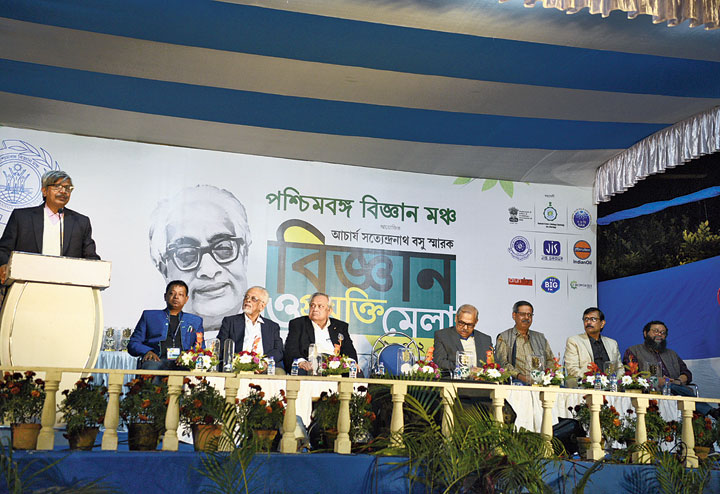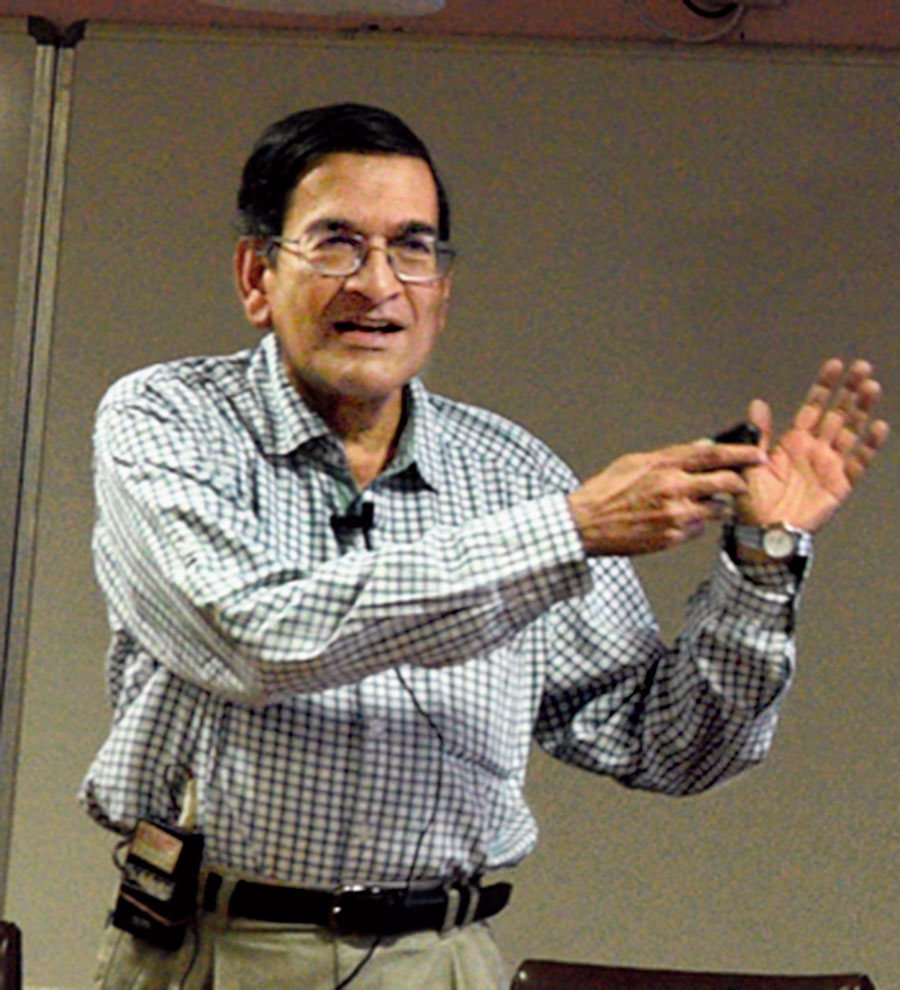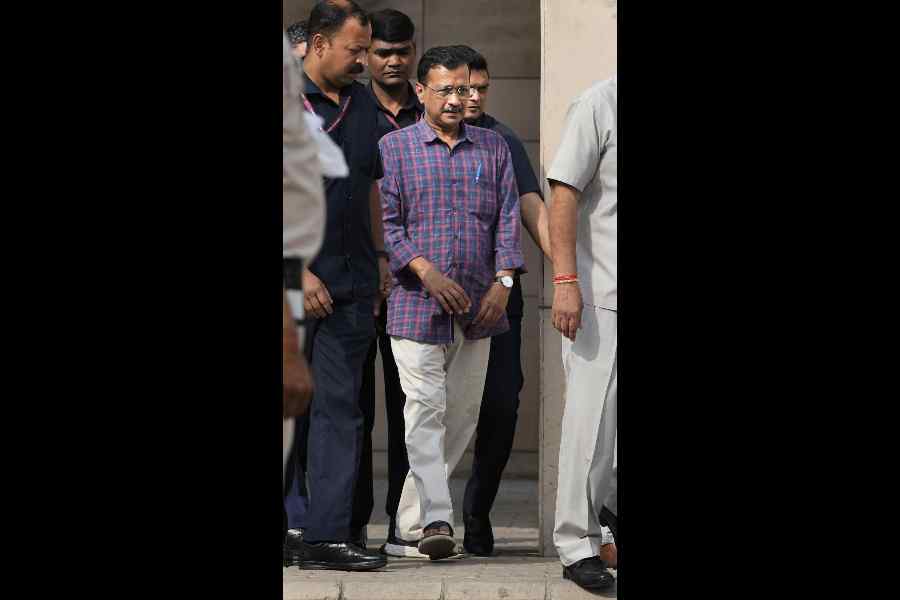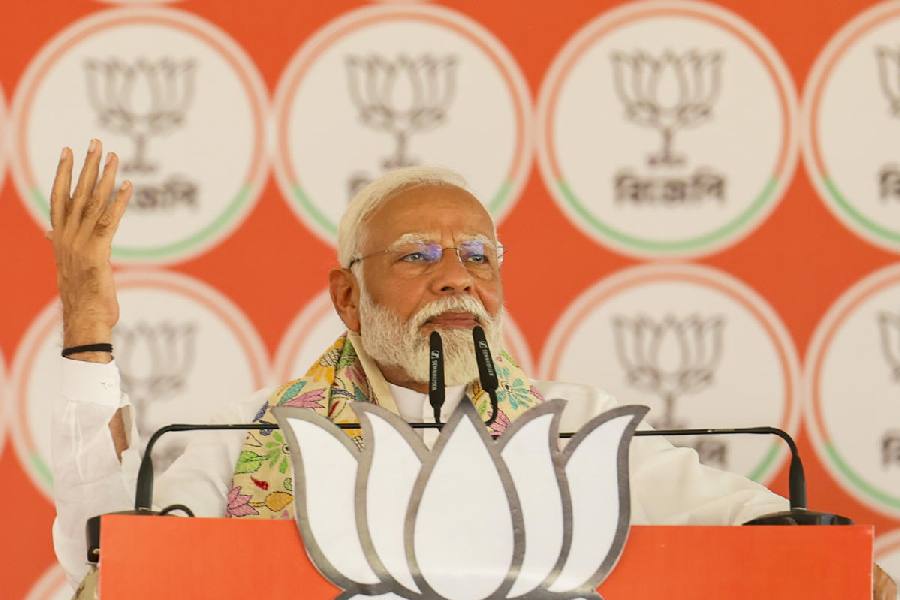The year 2020 was supposed to be a landmark year for India in terms of scientific prowess and development. However, the ‘India Vision 2020’ of the deceased former president, A.P.J. Abdul Kalam, has proven to be hollow. The most unfortunate part is not that India did not achieve the goals of a fully-developed, modern nation state; the most worrisome part is that instead of making scientific progress, the nation and society have regressed in terms of scientific temperament.
The Constitution of India envisions that citizens will have a scientific temper. According to the Fundamental Duties under Article 51A(h), “It shall be the duty of every citizen of India to develop the scientific temper, humanism and the spirit of inquiry and reform”. Despite citizens being fundamentally duty-bound to develop such a scientific temper, the last decade saw a slump in collective scientific thought. India has never had a highly-educated population, but those who were educated followed a path of rationality and scientific thinking.
The question that then arises is, what is the core of scientific thinking? The answer lies in questioning everything and never believing something without a rational, factual and logical explanation. Scientific thinking has nothing to do with the reading of pure sciences. Even a person who is not a student of science can cultivate scientific thinking, while a person who has extensively studied science can be devoid of a scientific temper. With the reach of the internet and social media in the last decade, it was believed that the access granted to millions who had never experienced connectivity on this scale would lead to a quantum jump in the development of a scientific temper.
Instead, one saw the flooding of superstitious, unscientific and irrational comments by people on social media. The power of the latter, as well as certain messaging platforms, is so huge and transformative that they are filled with unscientific and unverified content peddled by millions.
The primary reason for this is that a very large section of the population in India seems to believe that mythology is truth. It also believes that India had an exemplary scientific past, as portrayed in mythology. This results in the conflating of mythology with modern science. The deliberate attempts to use religious and mythological texts to justify superstitions within society has done great harm to scientific thinking in India.
A country like ours, which witnessed the laying down of the strong foundations of scientific institutions just after Independence as part of the nation-building project, has also seen many of these institutions grow into greatness. For instance, last year, two of India’s finest scientific institutions — the Department of Atomic Energy and the Indian Space Research Organisation — both reached significant milestones since their establishment. However, in spite of the mammoth success of these institutions, India has great cause for worry. Institutions become great when talented people from within Indian society enter these spaces. If the very society that produces such people starts losing its scientific temper, can institutions ever hope to maintain their standards of excellence and do justice to their own glorious past?
India must understand that institution-building leads to a growth of power, which is the nation’s primary aim in the international arena. To achieve this aim, India needs to uphold its own constitutional duty of developing a scientific temper. Our scientific institutions may have been great in the past; the focus, however, should be on making them even greater for the future. Excellence cannot live in the past.
At present, when Covid-19 is wreaking havoc globally, many Indians keep promoting fake news and superstitious material on social media. It is now dangerous to be unscientific in one’s thinking; the government must prioritize the development of a scientific temper for the sake of the nation’s health and prowess.












